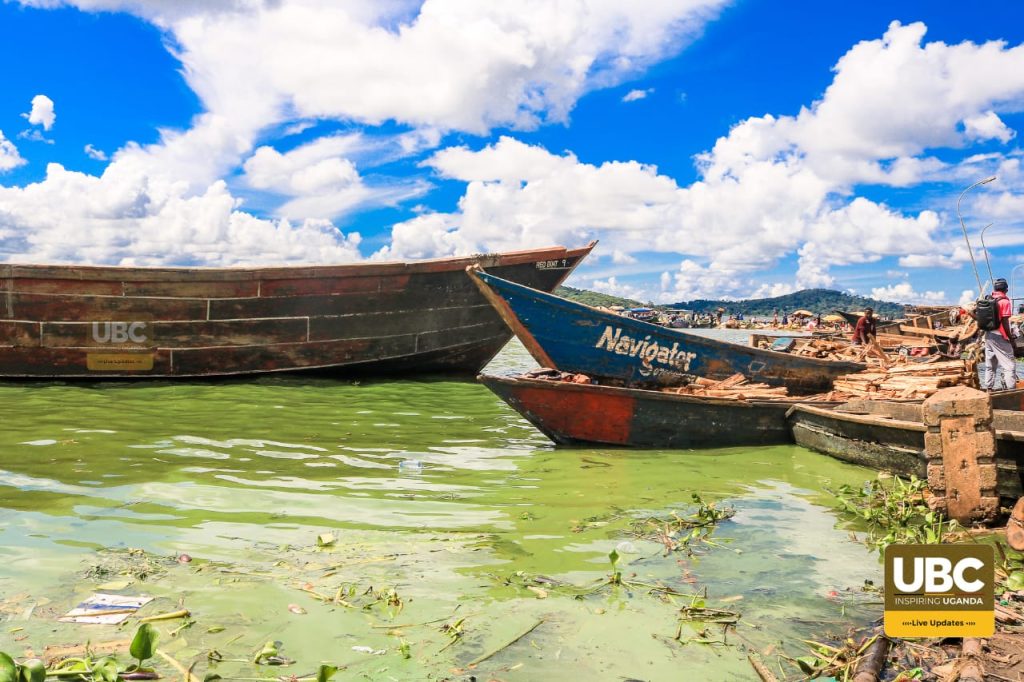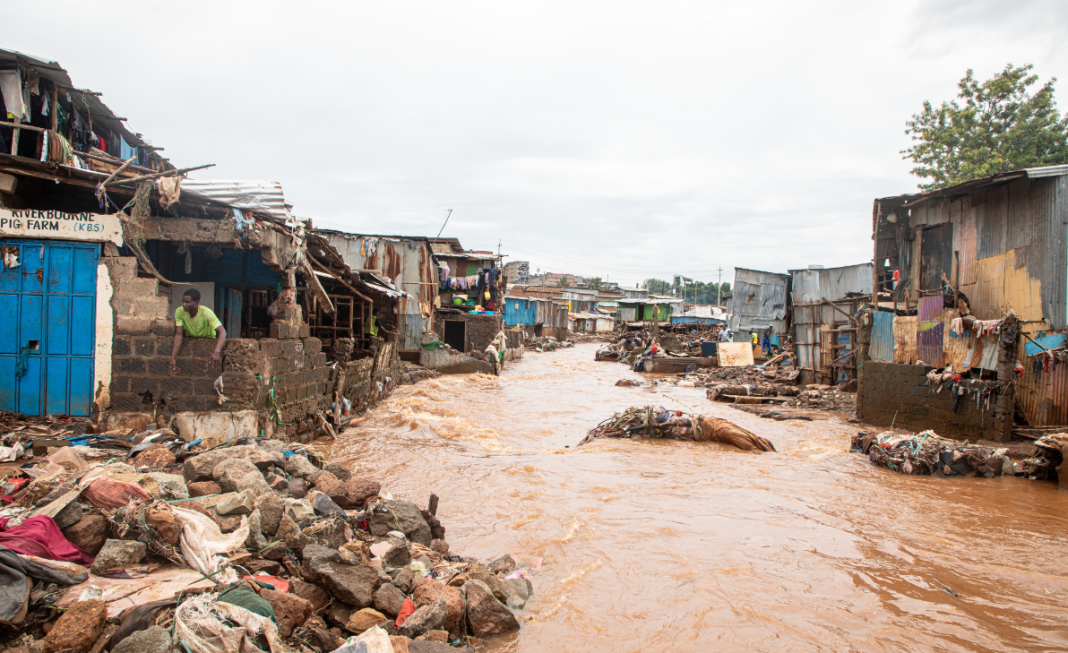Residential and commercial operations along Lake Victoria’s shores have ground to a halt due to rising water levels at Gabba Landing Site. The inundation of homes in the lakeside slum of Katoogo, located in Ggaba near the Ggaba NWSC water treatment site, has forced residents to adapt by sleeping on elevated platforms and storing belongings above ground to escape the encroaching water. Kisumu finds itself cut off from Ahero due to this surge, highlighting the severity of the situation. At the heart of this issue lies Uganda, holding the pivotal role of determining the lake’s water release, being its sole outlet.

The escalating water levels of Lake Victoria pose a significant threat, necessitating preparedness measures to mitigate potential disasters. Proactive steps such as implementing early warning systems, infrastructure improvements, and collaborative efforts with neighboring countries are crucial for ensuring the safety of communities in Uganda.
Communities in the Lake Victoria Basin are advised to stay updated on evacuation plans and safety measures as water levels continue to rise, threatening backflow and flooding in adjacent counties.
As concerns escalate, there’s a pressing need for continuous dialogue and collaboration between Uganda and the governors of counties bordering Lake Victoria. However, recent observations raise alarms. Despite the November and December 2023 rains, Uganda’s water release remained minimal in the subsequent months. Consequently, as April arrived, the lake remained swollen, surpassing historical records, including those of 2020 and 1964.

This surge poses not only an immediate threat but also long-term implications. If left unaddressed, it could disproportionately affect neighboring Kenya, given Uganda’s higher altitude, leading to potential backflows. Meanwhile, Uganda stands to benefit from increased hydroelectric power generation amidst the rising water levels.
The silence surrounding this issue is unsettling, particularly for investors along the lake’s shores. It underscores the urgent need for continuous engagement, extending beyond rainy seasons. Moreover, there’s a call for infrastructure development, such as dams, to regulate water levels and harness hydroelectric power.
Amidst this crisis, Speaker of Parliament Anitah Among and Leader of Opposition Joel Ssenyonyi have raised critical questions. They urge the government to update Ugandans on its readiness to avert potential disasters, emphasizing the urgency of the situation in light of similar occurrences in Kenya and Tanzania.

Speaker Anitah Among asked the Minister of Disaster Preparedness to update the nation on Uganda’s preparedness to avert any eventual disaster that may happen in Uganda, following similar occurrences in Kenya and Tanzania where torrential rains have claimed lives and destroyed properties.
“Last week we talked about the disaster that is happening in most of the areas, it is worsening in Kenya and we really condone with our brothers and sisters in Kenya of what is happening and the same is likely to come over and I also ask the Minister of Disaster to give us information on what action has been taken especially in areas that we talked about. We would like a statement from the Minister on how far she has gone and how prepared are we, the fact that it is happening in Kenya, Tanzania, how ready are we as Ugandans to mitigate the disaster that is happening in the country? How are we going to handle it?” Among stated.
Leader of Opposition, Hon. Joel Ssenyonyi asked Gov’t to update Ugandans on its readiness to avert the eventual occurrence of the climatic catastrophe happening in Kenya and Tanzania, in case the same reaches Uganda, citing the rising water levels already happening at Lake Victoria.
“My worry is, what is happening in Kenya could very potentially happen here in Uganda. How ready are we to avert such a situation? Climate change is real and it is hitting us hard, we saw the devastating effects in far-off countries like Dubai-United Arab Emirates, some people thought it was quite far, but now, it is right at our doorsteps. Torrential downpours have caused devastating effects next door here in Kenya. It is reported that over 200 people have been confirmed dead because of heavy flooding, about 100 are missing 170,000 are displaced and the situation is going to get worse,” Joel said.
“In 2018, Government was mooting the idea of the Disaster Management Bill but it didn’t see light of the day. Is Government still interested in this? Maybe we should bring it as a private member’s bill so that we have a proper foundation, because if we don’t plan and we give you money, what are you going to put it to use towards? Here in Uganda, things are pounding and the Uganda National Meteorological Authority has told us, it is only going to get worse. As MPs are sharing; bridges are breaking, roads are caving in and the situation is going to get more problematic,” Ssenyonyi added.
In response, State Minister for Disaster Preparedness Lilian Aber acknowledged the severity of the situation and highlighted the forecast of heavy rains by the National Meteorological Authority. However, she emphasized the ministry’s financial constraints, appealing to the House for support in securing necessary























